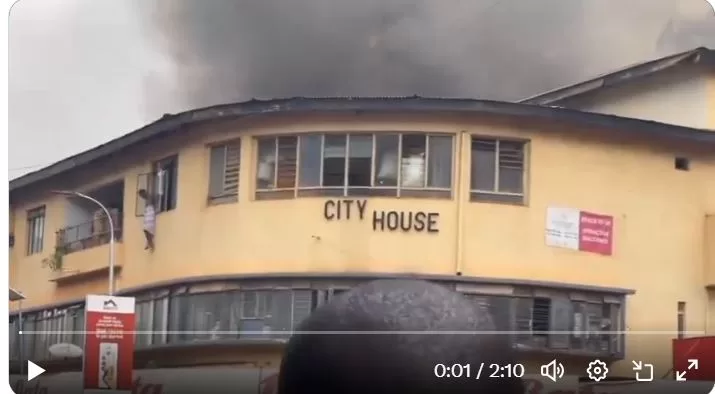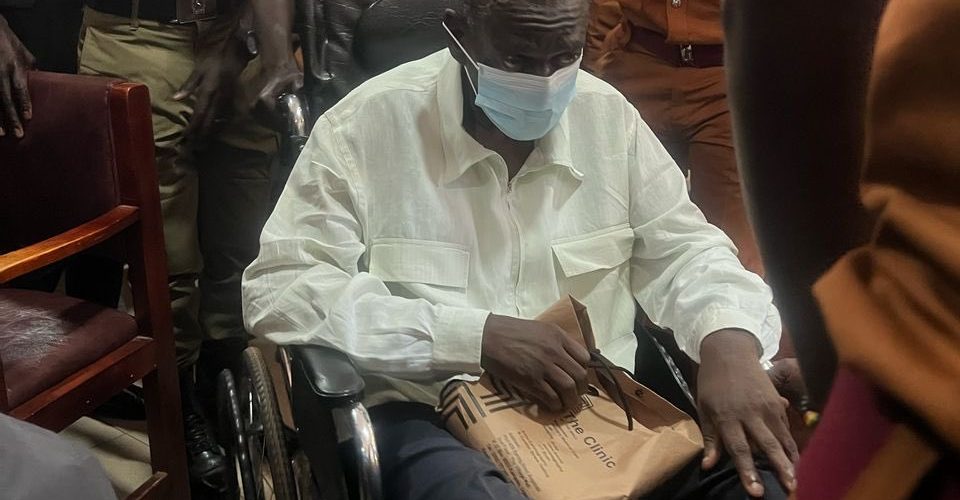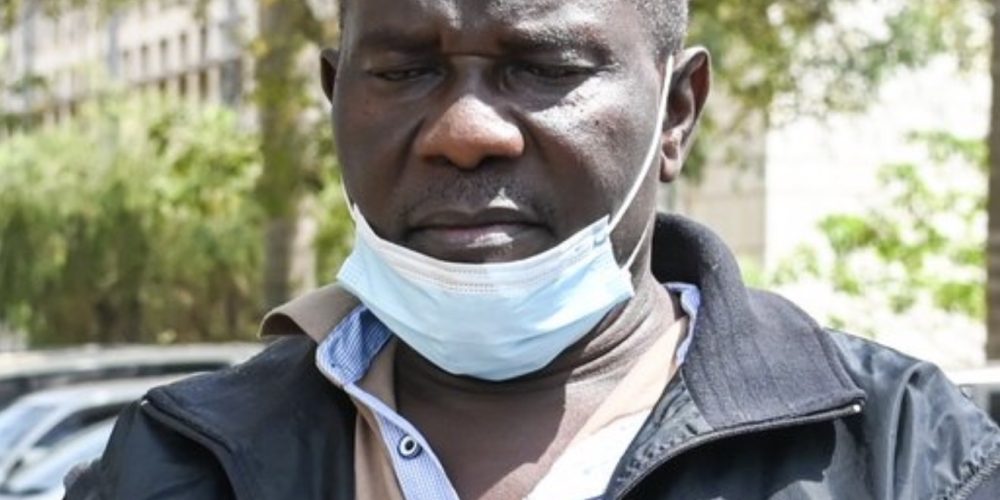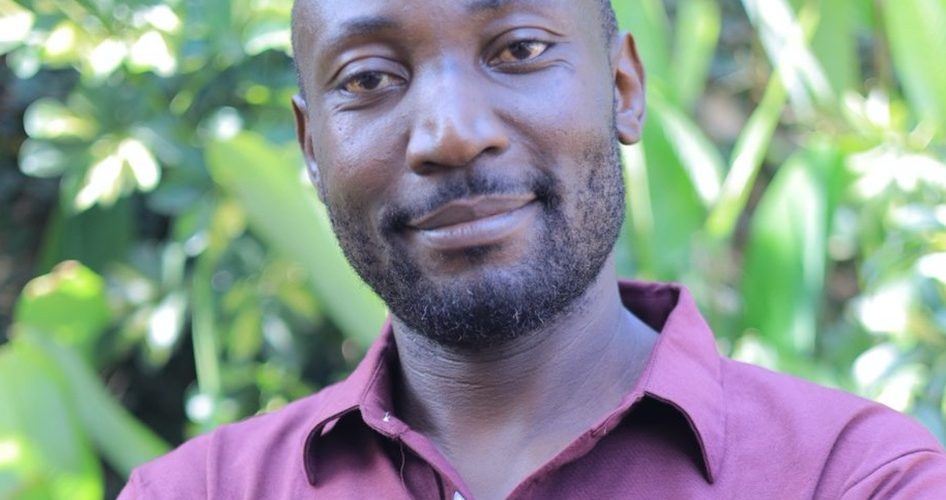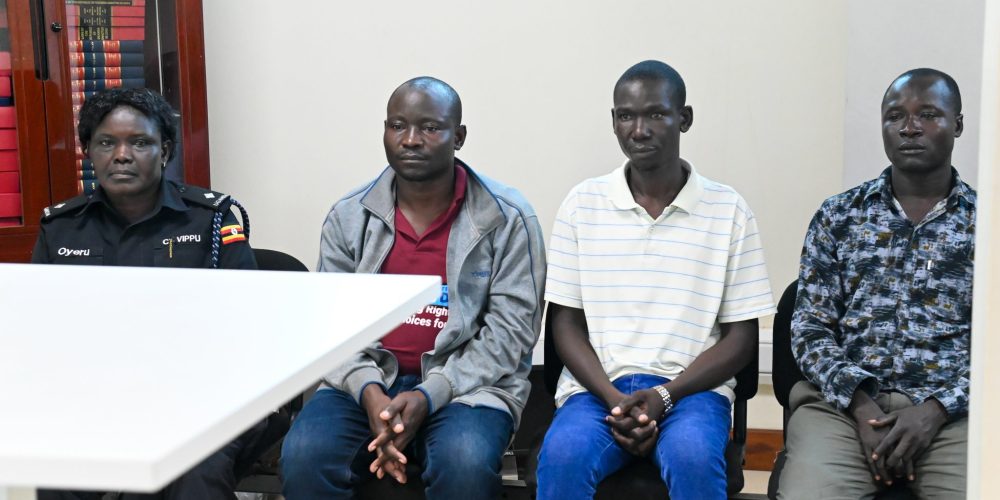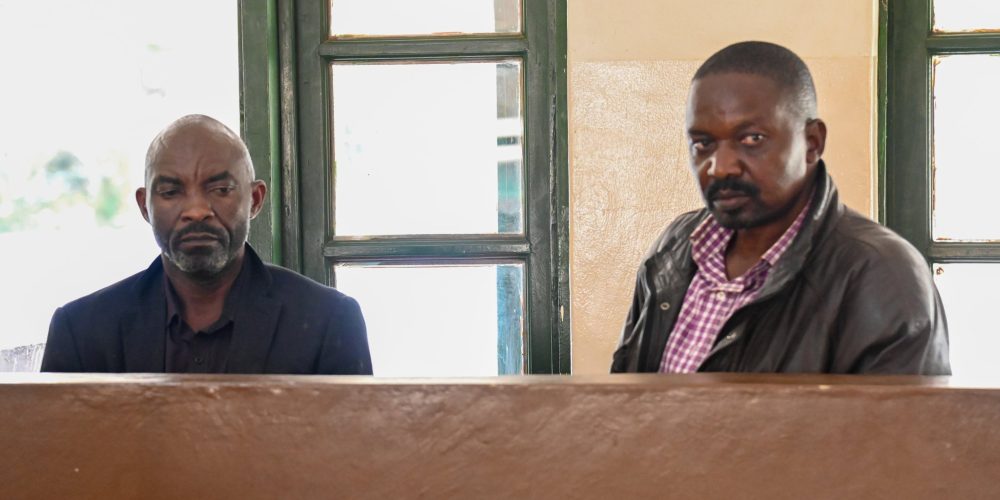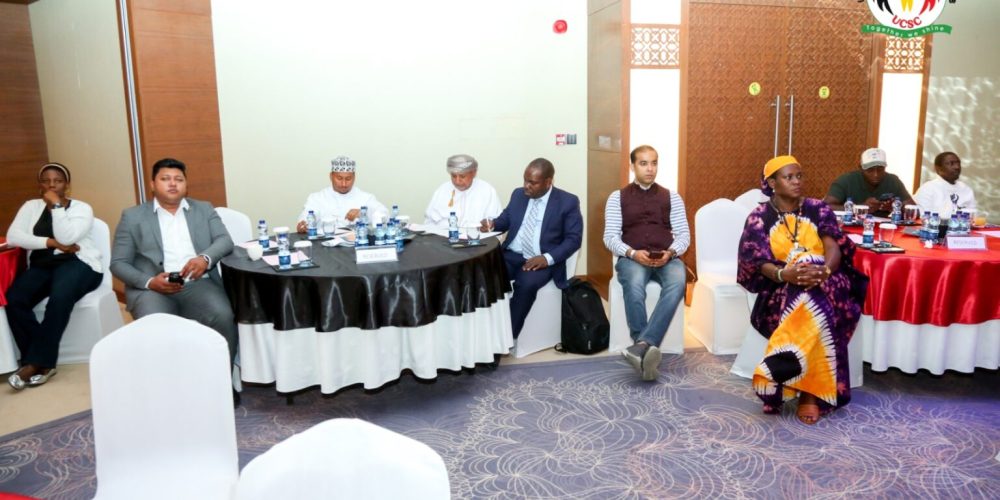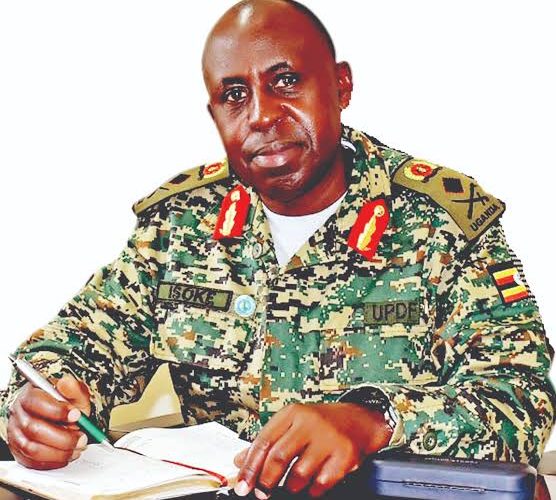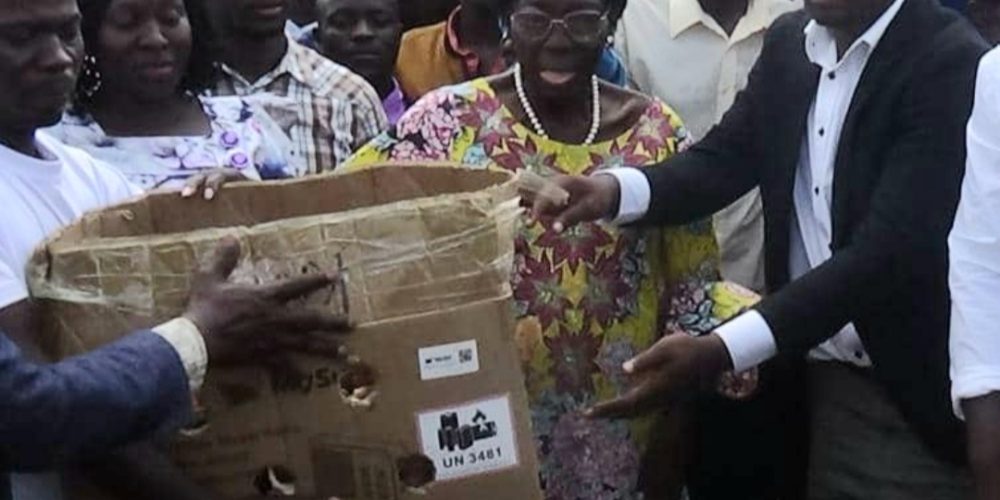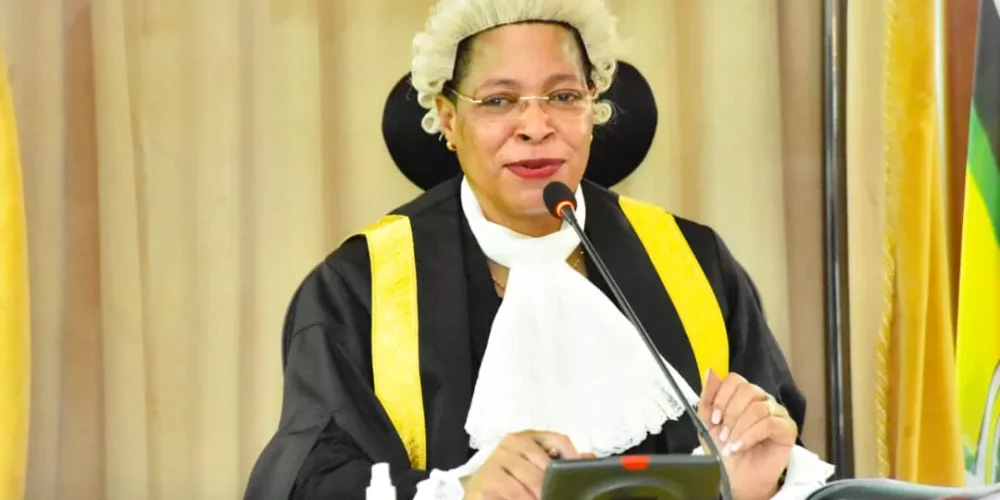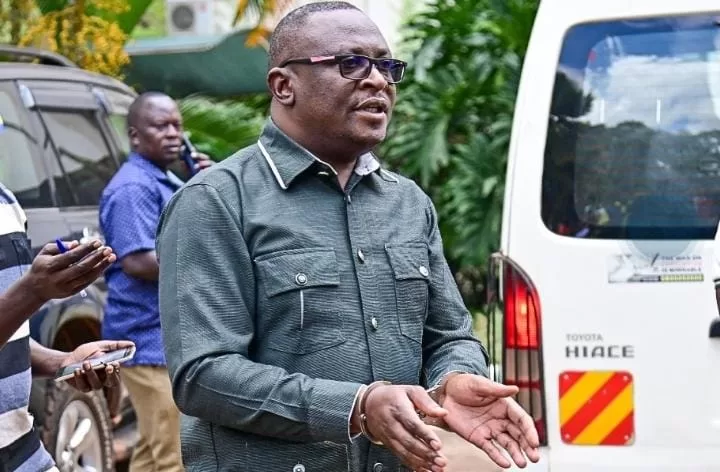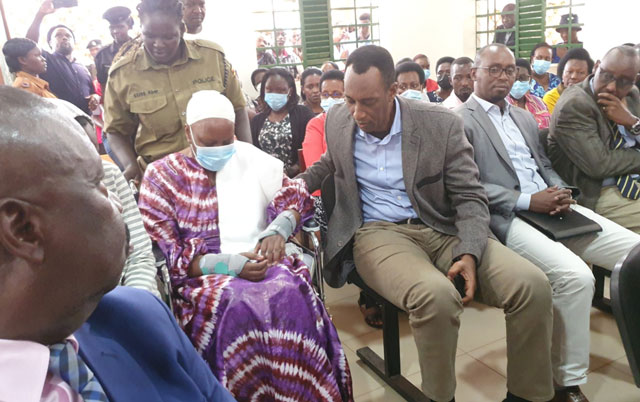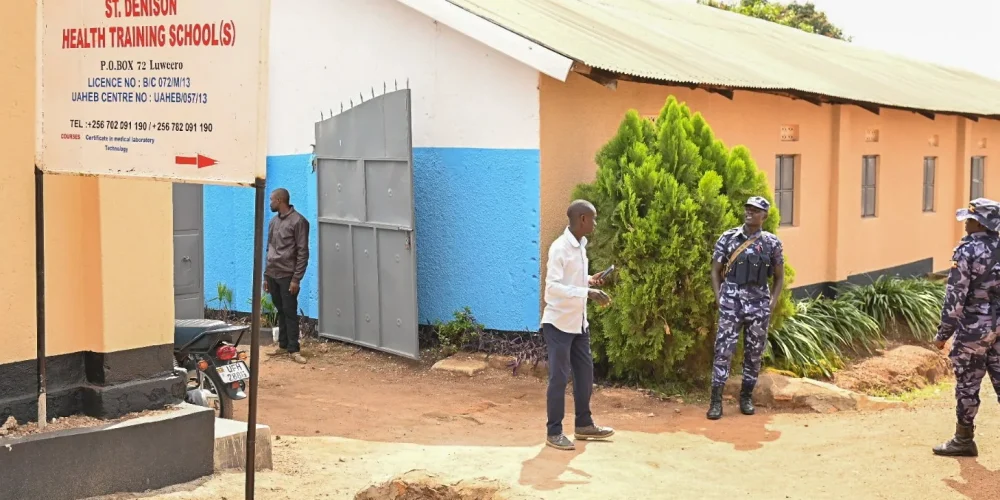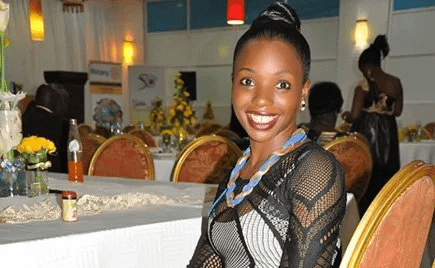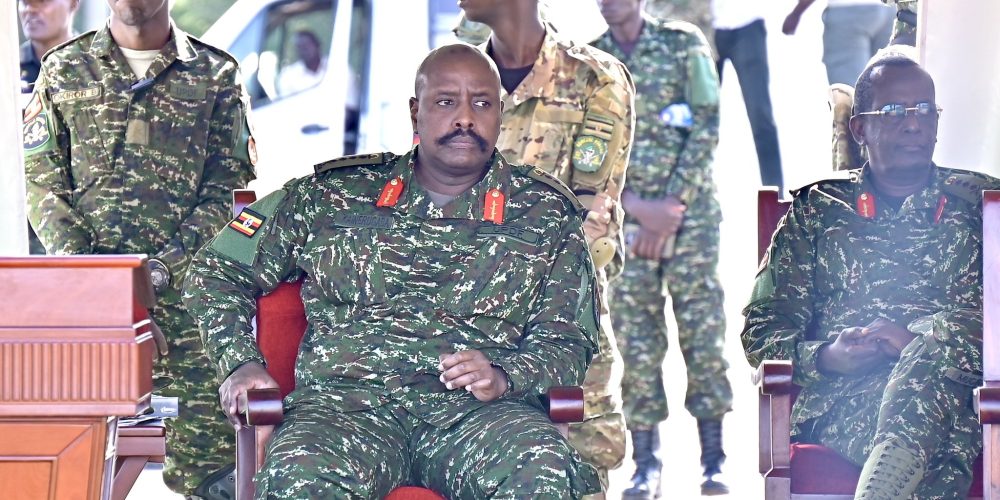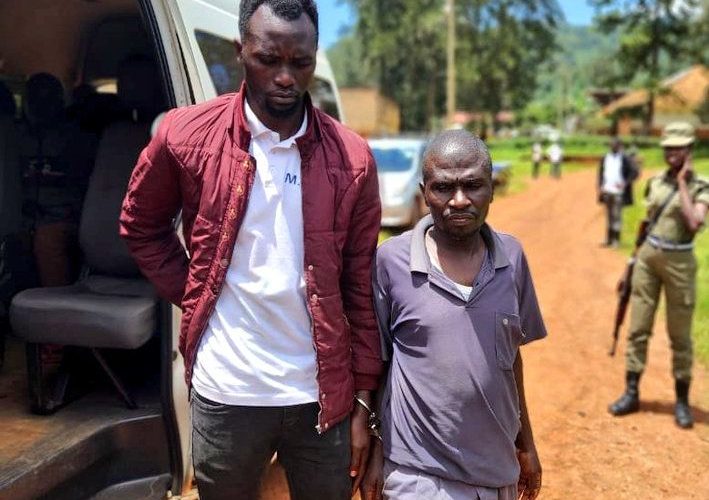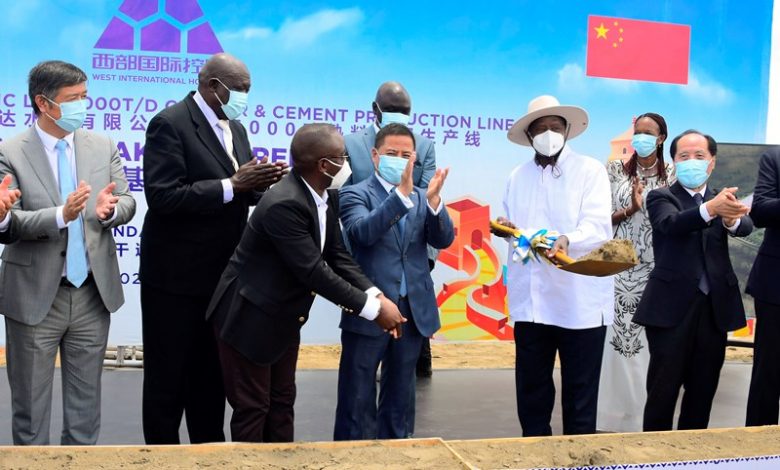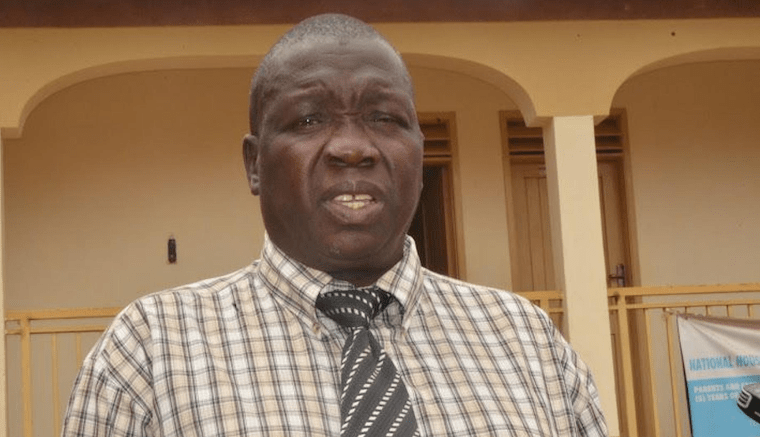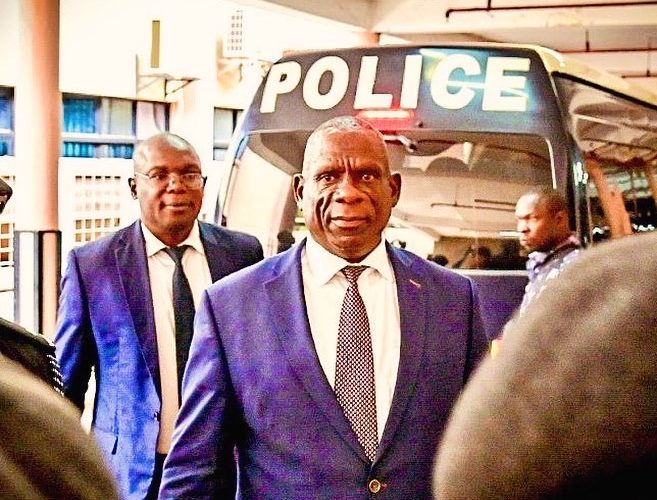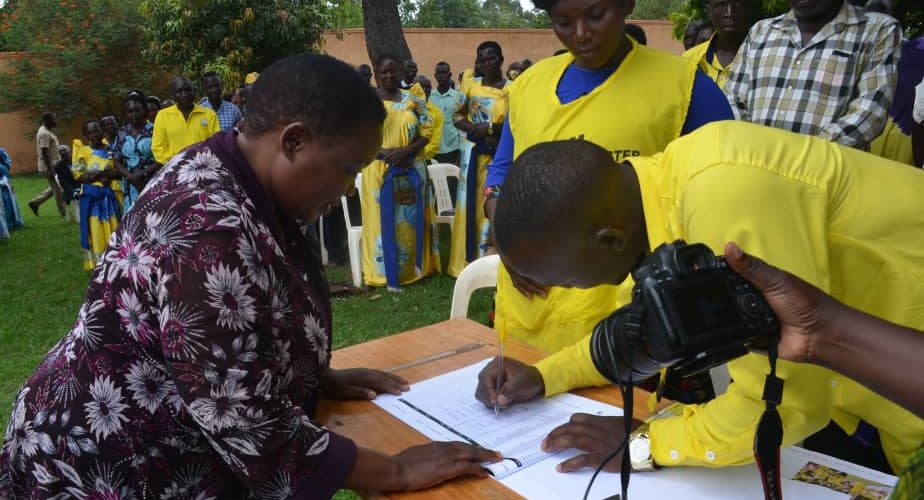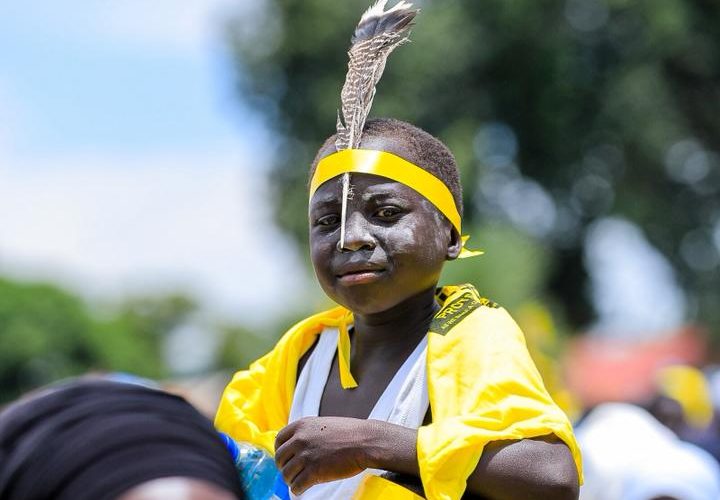How Museveni uses sham elections to lubricate dictatorship
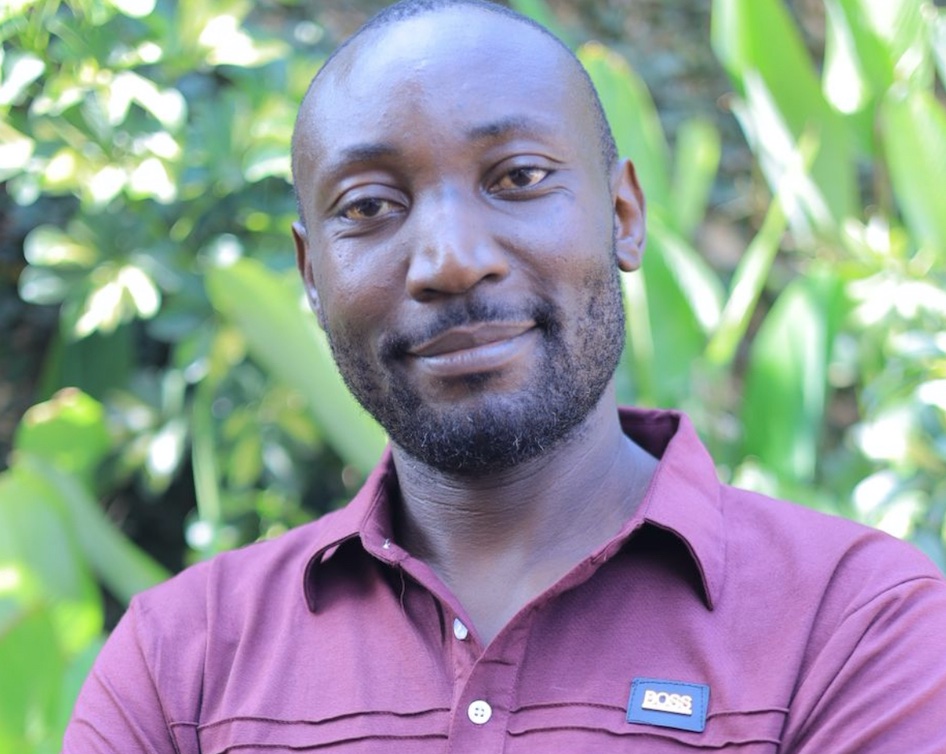
By RICHARD KIZZA LUGOBWA
LONDON – In today’s global political climate, sham elections are no longer shameful relics of brute force; rather, they have become polished tools that autocrats employ to manufacture legitimacy while stifling genuine democratic challenges.
These carefully planned rituals serve dual strategic purposes: masking the dictatorship with the appearance of democratic process, and splitting opposition groups as they fight for limited resources, shifting focus away from systemic reform. The result is a divided opposition that struggles to mount a credible challenge to remove the dictatorship.
Elections, even fraudulent ones, have powerful symbolic value for authoritarian regimes. They exploit the optical legitimacy of elections to beguile opposition, thwart international scrutiny, and reset or retain access to foreign aid and international legitimacy. Research shows that dictators who hold such elections are more stable than those who don’t, turning democracy into a mere illusion and a mechanism for regime survival.
Like other world dictators, the heart of Museveni’s electoral strategy is the exploitation of Uganda’s inherently tense political environment. Rather than confronting opposition movements united under shared goals, he allows them to fracture internally, often over limited elected seats, with perks and lucrative salaries, dismissing the idea of mobilizing to topple systemic rule. This “divide and rule” tactic transforms politics into a transactional scramble. Instead of political change, the focus shifts to self-preservation within the system. This plays side by side with the NRM ruling party’s infiltration of opposition parties, undermining internal democracy and provoking infighting.
Beyond fomenting internal disputes, Museveni uses institutional and legal levers to suppress collective opposition efforts. Museveni’s use of military courts to prosecute political opponents, even after a Supreme Court ruling deemed this practice unconstitutional, further intimidates dissenters. Figures such as Kizza Besigye and the National Unity Platform’s Bobi Wine have faced trumped-up charges in the military court, reinforcing Museveni’s willingness to weaponize the judiciary to make opposition leaders vulnerable and cautious.
From the 2001 elections to the recently concluded 2021 elections, reports of massive rigging, blocked or delayed ballot materials, voter intimidation, pre-ticked ballots, and manipulation of the electoral commission, which critics say serves the ruling party, have taken centre stage.
In the 2016 election, for example, authorities delayed ballot deliveries, had ghost names on registers, employed heavily armed “Crime Preventers” to intimidate opposition supporters, and shut down social media to obstruct reporting of electoral irregularities. The opposition leader, Kizza Besigye, was arrested repeatedly during the campaign.
In 2021, Uganda’s government blocked international observers such as the EU and the U.S, arrested opposition leader Bobi Wine multiple times, enforced an internet shutdown, and was accused of widespread fraud, including ballot stuffing and intimidation.
Alongside manipulating elections, Museveni applies targeted, calibrated repression, arrests, intimidation, and selective detentions without inciting mass backlashes. These tactics undermine opposition momentum but do not provoke enough outrage to attract sustained international criticism.
As such, elections function less as democratic platforms and more as tools to stabilize the Museveni authoritarian regime by minimizing electoral uncertainty. The regime meticulously manages electoral conditions to minimize surprises, institutionalizing its dominance even amid nominal competition
Museveni’s strategy effectively renders opposition parties “impotent,” wasting valuable time in internal power struggles, ideological drift, or co-optation risks. What emerges is a political landscape where institutional opposition exists in appearance but lacks unity or structural coherence to challenge the status quo. This weakens voter confidence, perpetuating a cycle of electoral irrelevance.
A number of opposition politicians have proposed electoral reforms in a bid to create fair competition between the ruling NRM party and the disenfranchised opposition. Analysts, however, argue that the few reforms that were accepted were cosmetic at best.
In 2015, a constitutional review promised an independent electoral commission, but only appended the word “independent” to the Electoral Commission’s name while rebuffing more substantive changes like term limits. Instead, Museveni’s regime created new administrative units in exchange for loyalty, effectively expanding patronage networks.
In some rare cases, the regime strategically allows election petition rulings in favor of opposition candidates to diffuse growing unrest, while retaining control over pivotal national levers such as presidential elections or term limit legislation.
Uganda is at a crossroads as the 2026 elections draw nigh. With Museveni’s strategy of weaponizing elections to fracture, demoralize, and neutralize opposition to legitimize his authoritarian rule, true democratization cannot thrive.
For opposition movements to safeguard democratic possibilities, unity rooted in ideology, institutional cohesion, and resistance to co-optation is imperative. Absent that, Museveni’s electoral playbook will continue to dictate Uganda’s political trajectory.
The writer is an advocate for democracy, justice, and human rights through the arts, media, and other platforms
Email: richardlk63@gmail.com
Tel: +447351353725












